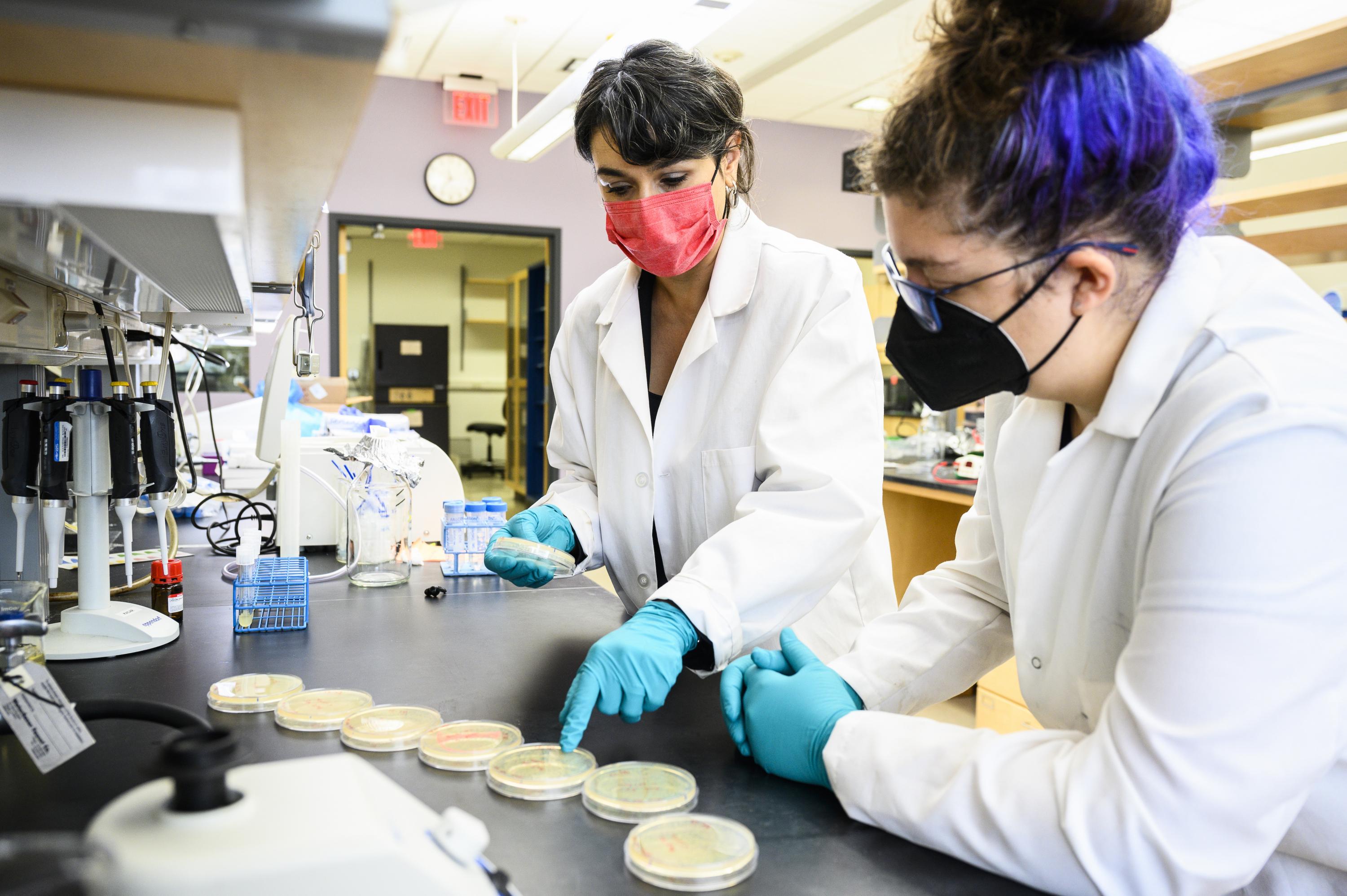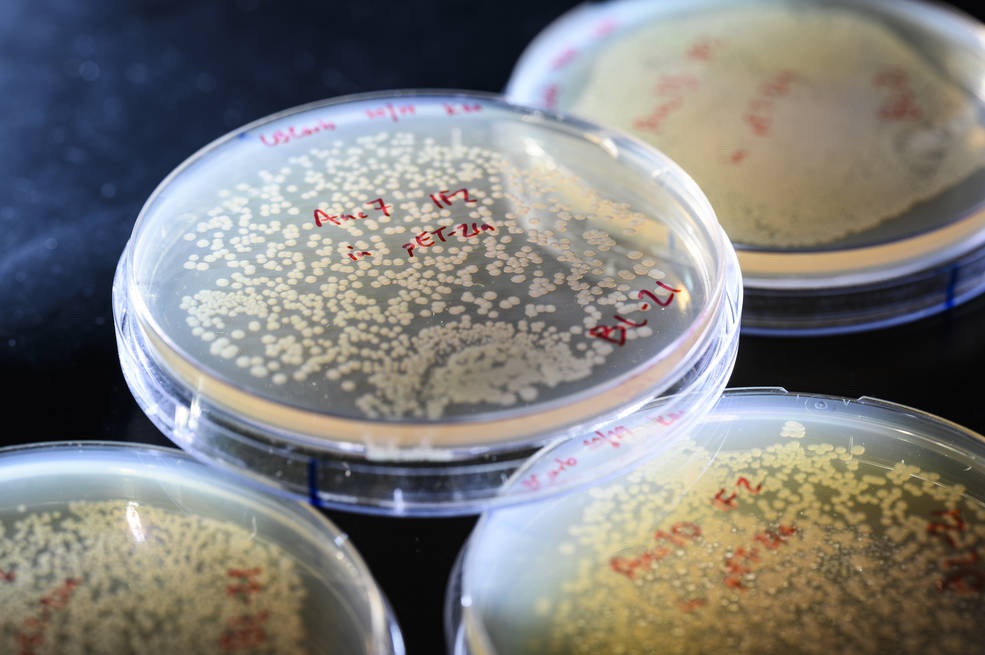This release first published in the NASA.gov newsroom:
NASA's Astrobiology program has announced its newest Research Coordination Network (RCN) ‘LIFE: Early Cells to Multicellularity,’ bringing together a collaboration of researchers from around the world that will spend the next five years investigating the earliest biological processes and the evolution of life into more complex organisms.
The new RCN was officially launched today at the 2022 Astrobiology Science Conference, hosted by the Georgia Institute of Technology in Atlanta. The field of astrobiology seeks to understand how life originated and evolved on Earth so we can search for life elsewhere in the universe.
NASA’s RCNs are virtual collaboration structures designed to support groups of investigators to communicate and coordinate their research across disciplinary, organizational, divisional, and geographic boundaries.
The LIFE RCN is co-led by the University of Wisconsin–Madison’s Betül Kaçar, alongside Georgia Institute of Technology’s Frank Rosenzweig, Arizona State University’s Ariel Anbar, and University of California Riverside’s Mary Droser.
“LIFE will discern rules of co-evolution (between organisms and their environment) that will enable us to predict how life could evolve on worlds other than our own, and how we might search for it,” said Kaçar. “We know that the journey from single cells to multicellularity relied on critical environmental and biological innovations.”
One of five cross-divisional networks, RCNs are inherently crosscutting and focus on interdisciplinary science questions. LIFE joins:
- Nexus for Exoplanet System Science (NExSS) focuses on the study and characterization of planets with the greatest potential for signs of life.
- Network for Life Detection (NfoLD) investigates life detection research, including biosignature creation and preservation, as well as related technology development.
- Prebiotic Chemistry and Early Earth Environments (PCE3) Consortium strives to transform the origins of life community by breaking down language and ideological barriers and enhancing communication across the disciplinary divide between early earth geoscientists and prebiotic chemists.
- Network for Ocean Worlds advances comparative studies to characterize Earth and other ocean worlds across their interiors, oceans, and cryospheres; to investigate their habitability; to search for biosignatures; and to understand life—in relevant ocean world analogues and beyond.
“Astrobiology has been a part of NASA since its inception and is the focus of a growing number of NASA’s science missions,” said Mary Voytek, senior scientist for NASA’s Astrobiology Program. “We are excited for the important work that members of our LIFE RCN will accomplish in support of NASA’s objective to understand the distribution of life beyond Earth.”
The goal of NASA’s Astrobiology Program is the study of the origins, evolution, and distribution of life in the Universe. The Program is central to NASA’s continued exploration of our solar system and beyond and supports research into the origin and early evolution of life, the potential of life to adapt to different environments, and the implications for life elsewhere. NASA, together with the science community, has developed an Astrobiology Strategy that describes the scientific goals and objectives of NASA’s Astrobiology Program.
Learn more: astrobiology.nasa.gov
For More Information Contact
Jess Hunt-Ralston
Director of Communications
College of Sciences at Georgia Tech
Renay San Miguel
Communications Officer II/Science Writer
College of Sciences at Georgia Tech
404-894-5209





